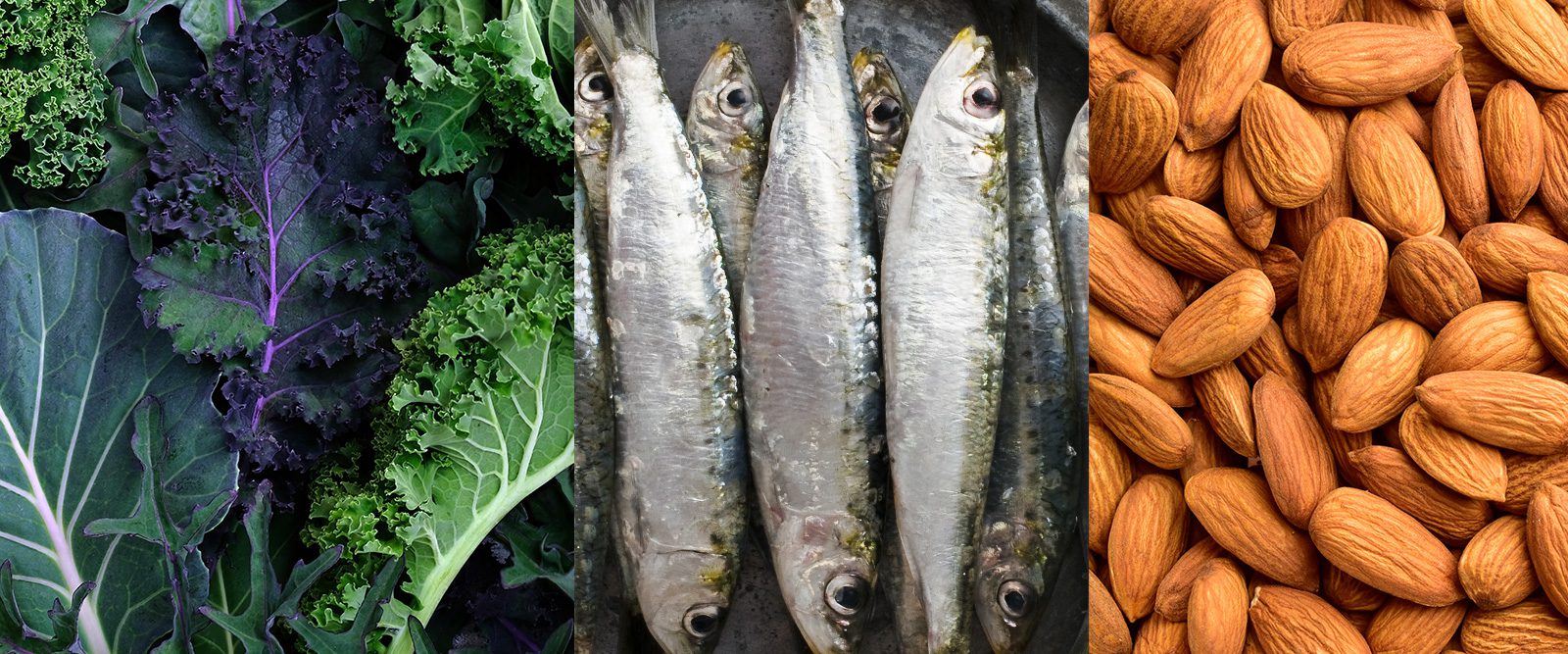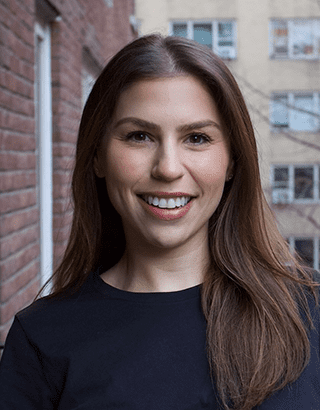Bone Health Tips From Katie Couric’s NYP Dietitian
Emily Buchholtz breaks down osteopenia and osteoporosis for Katie Couric Media and shares which foods are high in calcium.

Katie Couric recently interviewed her oncology dietitian, Emily Buchholtz of NewYork-Presbyterian/Weill Cornell Medical Center, on how to keep your bones strong.
In an article published on Katie Couric Media, Couric said she has osteopenia and asked if there are lifestyle changes that people can make to support your bones as they age.
Osteopenia is a loss of bone mineral density, which means the bones are weaker than bones that have healthy bone density. Osteopenia can progress to osteoporosis, which is more severe bone mass loss where weakened bones can break easily.
However, you can take steps to help prevent osteoporosis and keep your bones healthy, Buchholtz said.

Emily Buchholtz
Buchholtz shared tips on diet, how much calcium and vitamin D you need every day, whether you can consume too much calcium, and what to know about calcium and vitamin D supplements. She also shared her favorite high-calcium foods, like Greek yogurt, sardines, and almonds.
“The average person with osteopenia and osteoporosis needs about 1,200 mg of calcium per day,” Buchholtz told Couric. “When someone is on a calcium supplement, I often encourage about 3 servings of calcium-rich foods per day. When someone isn’t consuming a supplement, I often encourage about 6 servings of calcium-rich foods per day.”
Buchholtz also recommended exercises to keep your bones strong, particularly weight bearing, resistance and strength-training exercises.
“Exercise plays an important role in managing osteopenia and osteoporosis, by preventing the further loss of bone density,” Buchholtz said.
Read Buchholtz’s tips on bone health in Bones and All: Katie’s Nutritionist Breaks Down Osteopenia and Osteoporosis.
